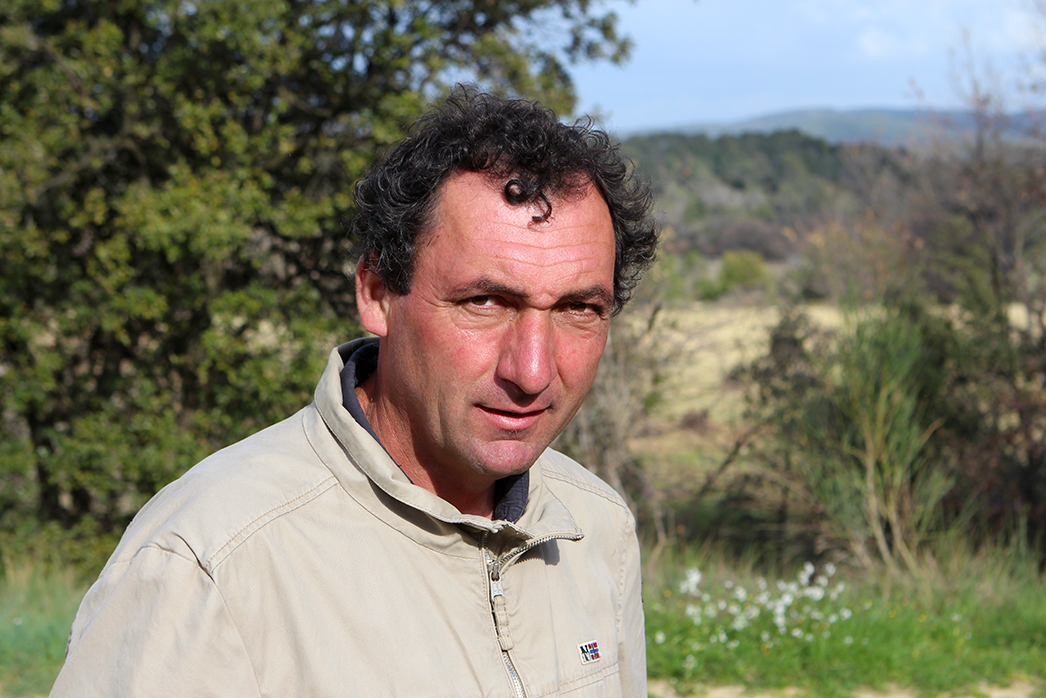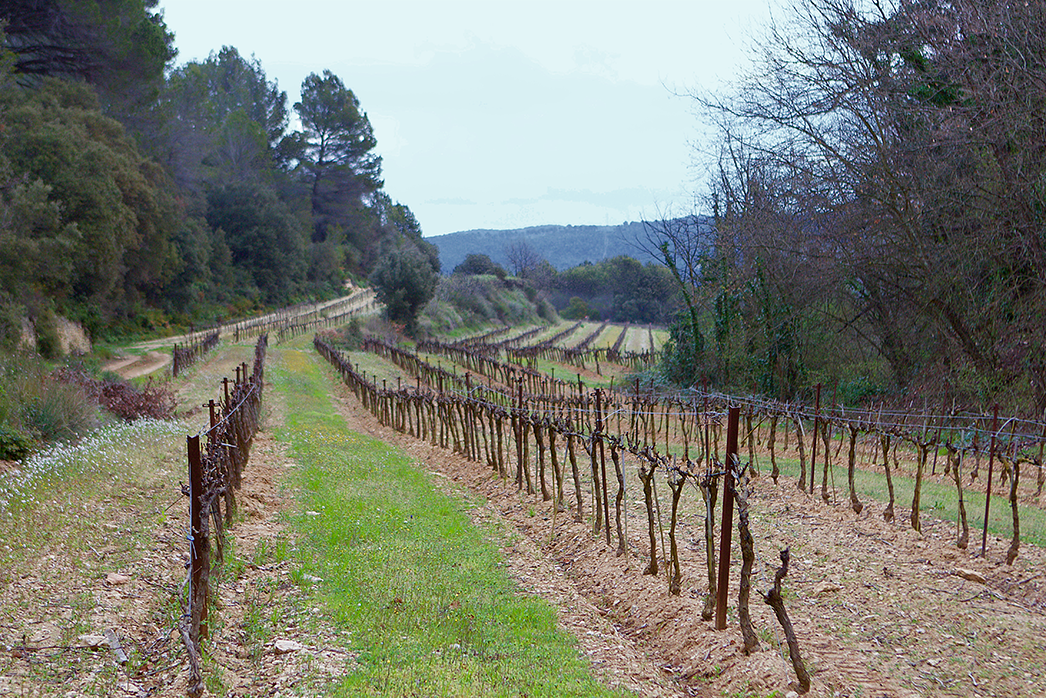Val de Caire
This website contains no AI-generated text or images.
All writing and photography are original works by Ted Vance.
Full Length Story
Guillaume Reynier and I first met on the patio of one of Paris’s bourgeois watering holes. It was “apero” time, and I couldn’t refuse refills of his charming white from Vermentino and Ugni Blanc. I wasn’t sure if the nostalgic Parisian bistro atmosphere made the wine taste so good or if it was the wine itself. Guillaume gave me a bottle to taste and upon opening it the next day I was convinced we needed to work with him and his pure, honestly made wine.
Guillaume began his wine career in 2003, purchasing some small vineyard plots directly north of Aix-en-Provence near one of France’s many fairytale landscapes, the Parc Naturel Regional du Luberon. From the start his idea was to observe and respect the natural landscape surrounding his vines. Organic farming was employed from the beginning, and he applied for certification in 2010.
Our standard protocol before beginning to work with a producer is a visit to their vineyards. Located in the Aix-en-Provence’s backwater, just south of the Luberon, Guillaume’s organically farmed vineyards are ringed by thickets of oaks, bramble, and garrigue, with thyme and rosemary growing on nearly every foot of open forest floor. The forests provide refuge from the deluge of intense Provençal sun, including its blinding reflection off the stark white limestones. As the sun sets, cool air and woodsy life creeps in from the forests, invading the vineyards to provide biodiversity and a more extreme diurnal change than most regions in Provence.
At The Source we love our dirt and rocks, and the diversity of the soils is as great as the life coming from the forests. Limestone from the lower Cretaceous period with large fossils is scattered throughout the vineyards—it’s easy to find fossils of scallops or mortared to larger limestone rocks. In certain sections, just meters apart, soils randomly undulate from dark red, iron-rich clays, hard limestones and pure white, soft chalk outcrops.
The proximity Parc Naturel Regional du Luberon gives another added advantage to the vines of Val de Caire. Throughout many of his vineyards, small natural springs recharged by the Luberon’s winter runoff ease the hydric stress on the vines in warm years.




